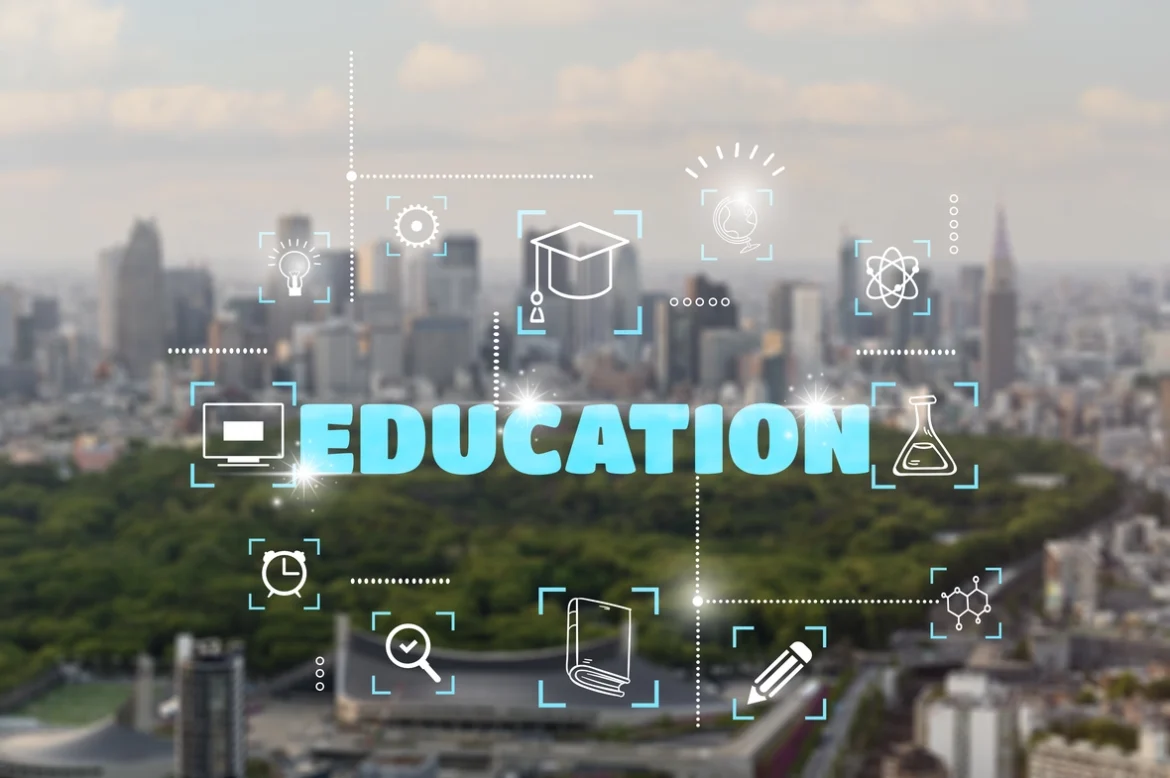UNESCO’s report emphasizes responsible technology integration in education, prioritizing learner well-being and equitable access. It calls for evidence-based decision-making, bridging the digital divide, and preparing students with essential digital literacy skills. A holistic approach is urged to create an inclusive and sustainable education ecosystem.
The Urgent Need for Appropriate Governance
UNESCO’s report highlights the lack of regulation in technology’s integration into education. Countries are urged to set terms that prioritize in-person, teacher-led instruction while enhancing learning experiences for all.
Prioritizing Learners and Teachers
The digital revolution offers immense potential, but its use in education must prioritize learners’ well-being and support teachers. Online connections should complement, not replace, human interactions in teaching and learning.
The Equity Challenge
The rapid shift to online learning during the pandemic left millions of students without access to meaningful connectivity. The report emphasizes the need to connect all schools to the internet by 2030, especially in marginalized areas.
Seeking Scalable Solutions
Rigorous evidence of technology’s impact on learning is crucial. While the EdTech market expands, many countries overlook the long-term costs and prioritize basic education needs.
Embracing Sustainability
The fast pace of technological change challenges education systems to adapt. Digital literacy and critical thinking are essential, but basic literacy should not be overlooked. Additionally, guaranteeing data privacy and children’s rights is crucial for sustainable technology use.
Summing it up
UNESCO’s global report on technology in education stresses responsible integration, prioritizing learner well-being and equitable access. Balancing technological advancements with in-person, teacher-led instruction is crucial. The report highlights the disparities in technology access during the pandemic and calls for bridging the digital divide to ensure meaningful connectivity for all. Evidence-based decision-making is urged to assess technology’s impact on learning, while sustainability requires equipping students with digital literacy and critical thinking skills.
Policymakers must collaborate with educators and experts to prepare for the evolving job market. A holistic approach, safeguarding data privacy, will pave the way for an inclusive, equitable, and sustainable education future.


